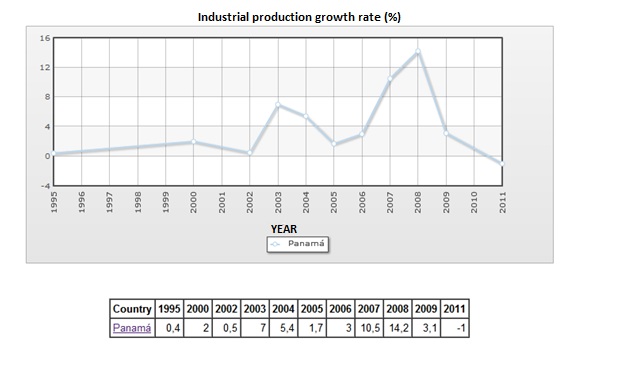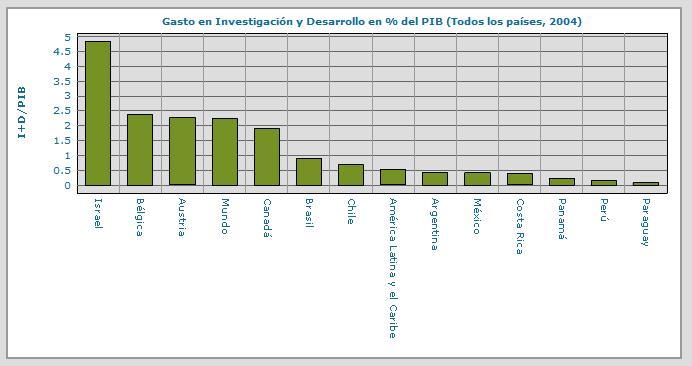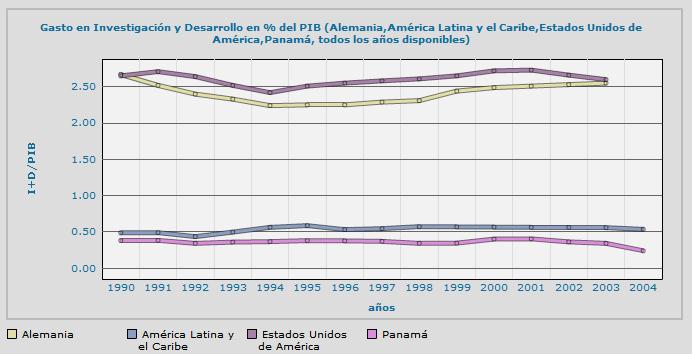ABOUT OUR COUNTRY
Panama's economy is one of the most stable in America. The main activities include financial services, tourism and logistics, which represent 75% of GDP.
From 2003 to 2009 the GDP doubled, fueled by high foreign and domestic investment, tourism and logistics industry. The World Bank, IMF and the UN have qualified Panama as the highest per capita income in Central America, also as the largest exporter and importer at the regional level according to ECLAC. The GDP has more than twenty years in a row of sustained growth. The country is classified in the category of investment grade by credit rating companies: Standard and Poors, Moody's and Fitch Ratings. The economic boom in Panama is such that while we were writing this description the country's rating improved from BBB- to BBB according to Standard and Poors, leaving the country with a more stable outlook as noting that solid growth will continue in the medium term, driven by high investment diversification.
According to the lists of the International Monetary Fund, World Bank and CIA World Factbook, Panama, with an estimated growth of 5%, is the number 89 as its GDP in recent years. Placing the country as the second in the Latin American region surpassed only by Chile which has an estimated growth of 6%.
Production sectors (Economic Productive Sectors)
Both the primary sector and secondary sector are poorly developed, and just try to supply the national market. In the other hand, Panama is known for being a country of services, so that the tertiary sector is strong.
Panama depends on its conglomerate of transportation and logistics services-oriented world trade, whose epicenter is the Panama Canal. About the Panama Canal coalesce container transshipment ports, trade zones, rail hub and the largest airline hub in Latin America. It also has the largest financial center in Latin America. The services offered are very well connected with the world market and interconnected. These services account for about three quarters of its GDP.
In recent years the construction of skyscrapers in Panama City has growth as a result of the U.S. baby boomer. Tourism has been booming as a result of the emergence and expansion of the airline hub of the region, which has been able to move passengers from any source in Latin America to Panama and from Panama to any destination in the region.
The Panama Canal, the free trade zone, the container transshipment port and financial center have reduced the costs of importing goods from anywhere in the world, which when combined with the ability to move air hub passengers from any place in Latin America, have given rise to an extraordinary growth of tourists whose trips are main reasons for shopping, which has fueled the growth of huge shopping malls that sell goods at retail.
Panama has great facility creating companies, and since 2007 has initiated a policy of creating businesses that seek to promote the rapid creation of companies, both domestic and foreign capital, creating a business climate by utilizing appropriate technology, based on greater public confidence. The new system allows people to open your business in a few minutes electronically, without ranks, paperwork and additional costs. With this new system of starting a business in Panama, the country is positioned first in the world in terms of speed and ease of opening businesses are concerned.
Panama enjoys a comparative advantage as a provider of international services, including transport across the Panama Canal. The orientation of Panama's economy towards services makes the country an international hub for activities such as shipping, distribution services and banking, this advantage is our main benefit included in our model because now days Panama´s geographic location gives an international leadership in logistics and global distribution.
The process of release of foreign trade in Panama, since the country joined the WTO in 1997, we can offer the following advantages:
• Liberal regime for trade in goods and services
• Deep integration into the global economy
• Grant MFN trading partners
• Simplified Tariff (Ad Valorem)
• A forum to resolve disputes by alternative means (ADR)
And now with the expansion of the Panama Canal, which is expected to be completed by 2014, trade in this country will be at its peak.
CHARTS
As mentioned earlier, industrial growth is very poor in Panama, and as we see in the chart below, the growth rate of industrial production ended in -1% for 2011, one of the most important indicators that we will take into consideration in our business model, because it gives us the idea that this Central American country is not competitive for the production or manufacturer sector (as mentioned earlier), but instead is one of the most competitive for logistical purposes, such as distribution and transportation of all kind of merchandise.

SCIENCE AND TECHNOLOGY IN PANAMA
Because Panama is a country that focuses on services, and also is a center for world trade, is not very developed the creation of new technologies, as it has created the habit of receiving advances technology by other countries.
It is also unfortunate to note that research is in development that would be desired. As shown in the chart below, Panama is among the countries with fewer researchers per million inhabitants.

But it is important to mention that one of the most influential factors of the lack of development in research is because there is not enough capital to do so. As shown in figure Panama is the third country with less spending on research and development as% of GDP by 2004.

This graph represents the same as above, except that compared to countries with high research and development as the U.S. and Germany, with Latin America, and finally Panama.
 "
"




